Posted on 3/13/2018
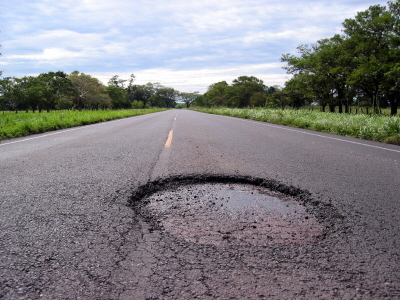
Pothole Damage Pothole damage is hard to avoid when potholes are popping up in the pavement faster than the early crocus flowers. Unfortunately, potholes are everywhere and avoiding all of them is impossible. Many potholes are created when constant freezing and thawing of water under the pavement weakens the road and causes large fissures. These fissures, when coupled with the pressure of vehicles driving over, eventually turn into potholes. Freezing winter weather can often lead to potholes, due to the role freezing can play in pothole formation. DJ Foreign Auto Care, which repairs many vehicles with pothole damage each spring, offers the following tips on avoiding potholes and fixing the pothole damage. Properly inflated tires hold up better against potholes than tires that have too much or too little air. If you can't avoid a pothole, try to slow down before you hit it. However, don’t brake directly over a pothole, this can lead to even ... read more
Posted on 2/27/2018
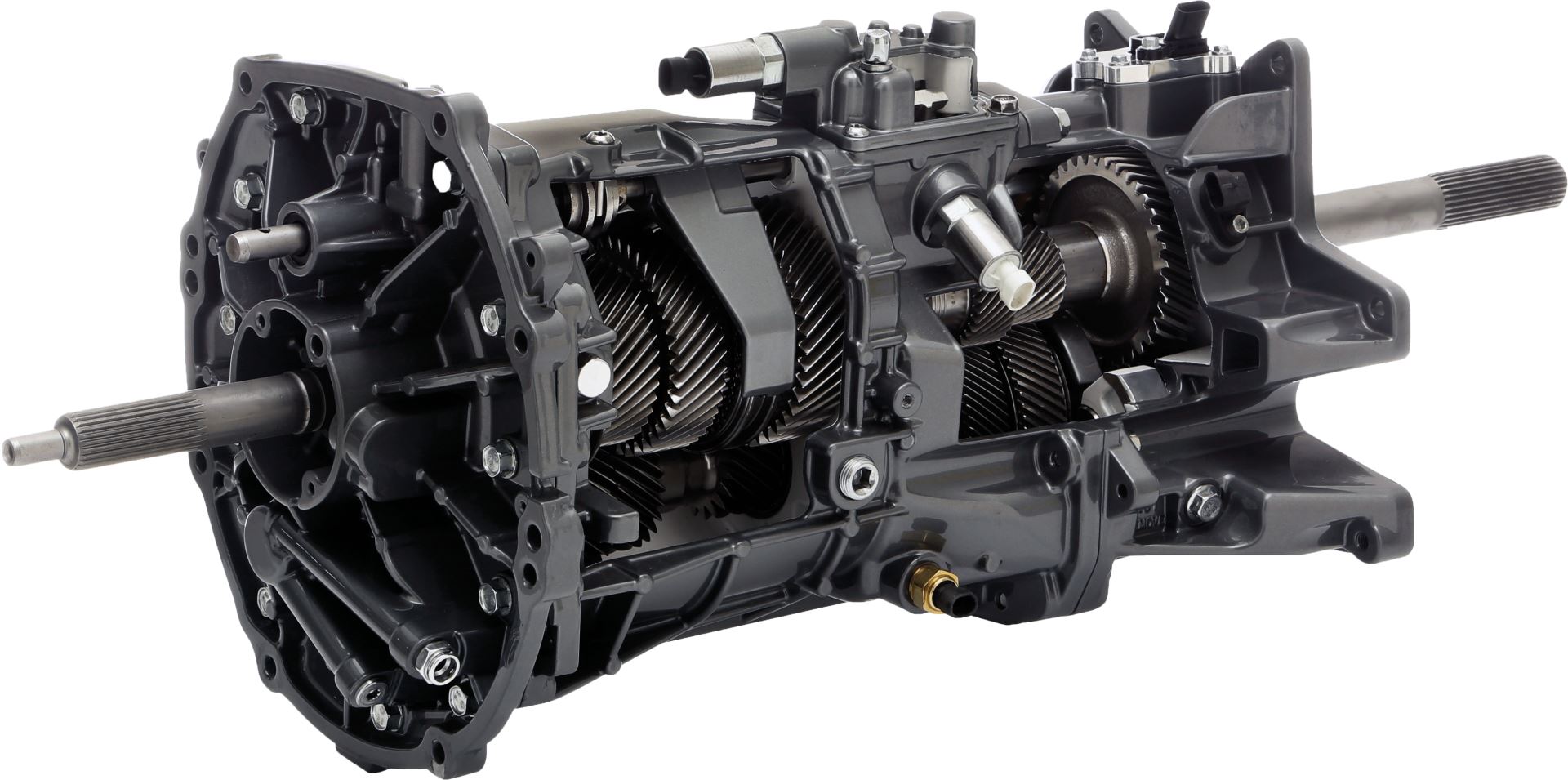
Transmission Failure Warning Signs:Fluid Leaks Transmission failure can be caused by leaking transmission fluid. A little liquid on your driveway can swiftly turn into an immense car predicament. Transmission fluid is vital to your car’s shifting capabilities. It is bright red and sweet smelling. Unlike motor oil, your transmission does not absorb or burn up fluid during use, so if you notice your fluid is running low, it is usually caused by a leak. Keeping an eye on your transmission fluid level is an excellent way to stay on top of this issue. Common causes for a transmission fluid leak are: -A loose transmission pan/pan leak -Any recent service or part replacement that involves disconnecting cooler lines -Out of balance drive shaft -Worn seals or gaskets -Damaged bell housings -Worn axles (FWD), engine and transmission mounts Warning Light Activates Cars in modern times have sensors meant to pick up and trigger your vehic ... read more
Posted on 2/21/2018
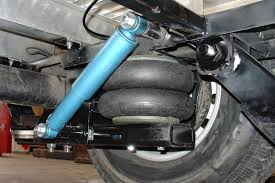
How Air Suspension Systems Work: Instead of steel or leaf springs, an air suspension system typically consists of air springs, also known as plastic/airbags, sturdy rubber, and an air-line system, connected to an onboard air compressor, valves, solenoids, all under electronic controls. The built-in compressor is an electric pump, used to feed air to the air bags via multiple lines. Valves play a vital role in air path control, letting air enter different sections of the system. In electronic systems, when the system accommodates for different driving conditions, solenoids inflate and vent the airbags by opening and closing to adjust the quantity of air entering each airbag. An electronic control module regulates the on/off switches, monitors pressure and manages ride height. Air springs are flexible and have a certain amount of elasticity. The more they are compressed, the stiffer they are. The principal difference between a traditional shock or strut is that they hav ... read more
Posted on 1/11/2018
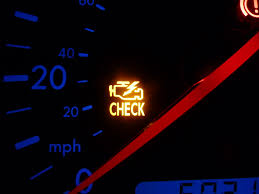
A "check engine" or "service engine soon" light can mean many various things, from a misfiring engine to a loose gas cap. Below are the five most common reasons a check engine light will be displayed: 1. Replace the Oxygen Sensor An oxygen sensor monitors the un-burned oxygen from the exhaust. The oxygen sensor monitors combusted fuel. A faulty sensor means it is not providing the right data to your car's computer and causes a decrease in gas mileage. What causes a faulty sensor? The sensor gets covered in oil ash over time and reduces the sensors ability to alter the oxygen and fuel mixture. A faulty sensor not only reduces gas mileage, but it also increases emissions. What you should do Not replacing a broken oxygen sensor can eventually lead to a broken catalytic converter. 2. Loose or Faulty Gas Cap A cracked or loose gas cap will cause the fuel vapors leak out, and can throw the entire fuel system off. A l ... read more
Posted on 1/9/2018
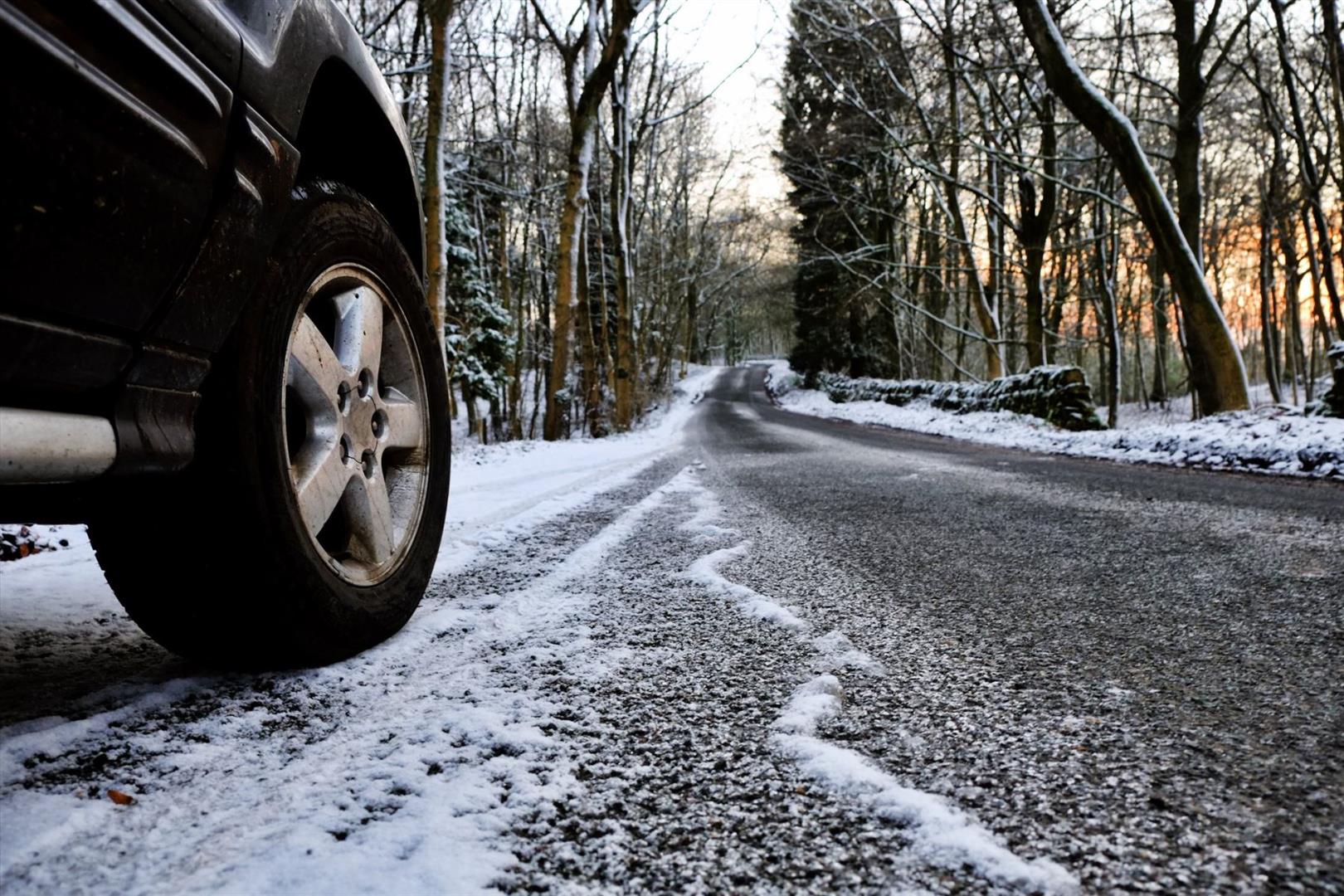
Winter car starting can be challenging on cold winter mornings. There are four reasons we believe why the cold weather makes it harder to start cars: 1. Batteries hate the cold Cold weather and car batteries do not mix, making winter car starting more difficult. Chemical batteries produce less current when it is cold — sometimes a lot less. At DJ Foreign Auto Care, we recommend changing it every three years, though you could get away with five years, depending on how much you drive and how you drive. Make sure the battery cables aren't disconnected. With your engine off, check if the cables can slip free from the nodes. Tightening the nut is an easy job and can save you from a mid-drive battery loss that would require you to get out of your car and take off your gloves. Check for corrosion. If there is a white powder around the nodes and/or clamps, it could be a sign of corrosion. If you can't get a new battery, we recommend cleaning the nodes and ... read more